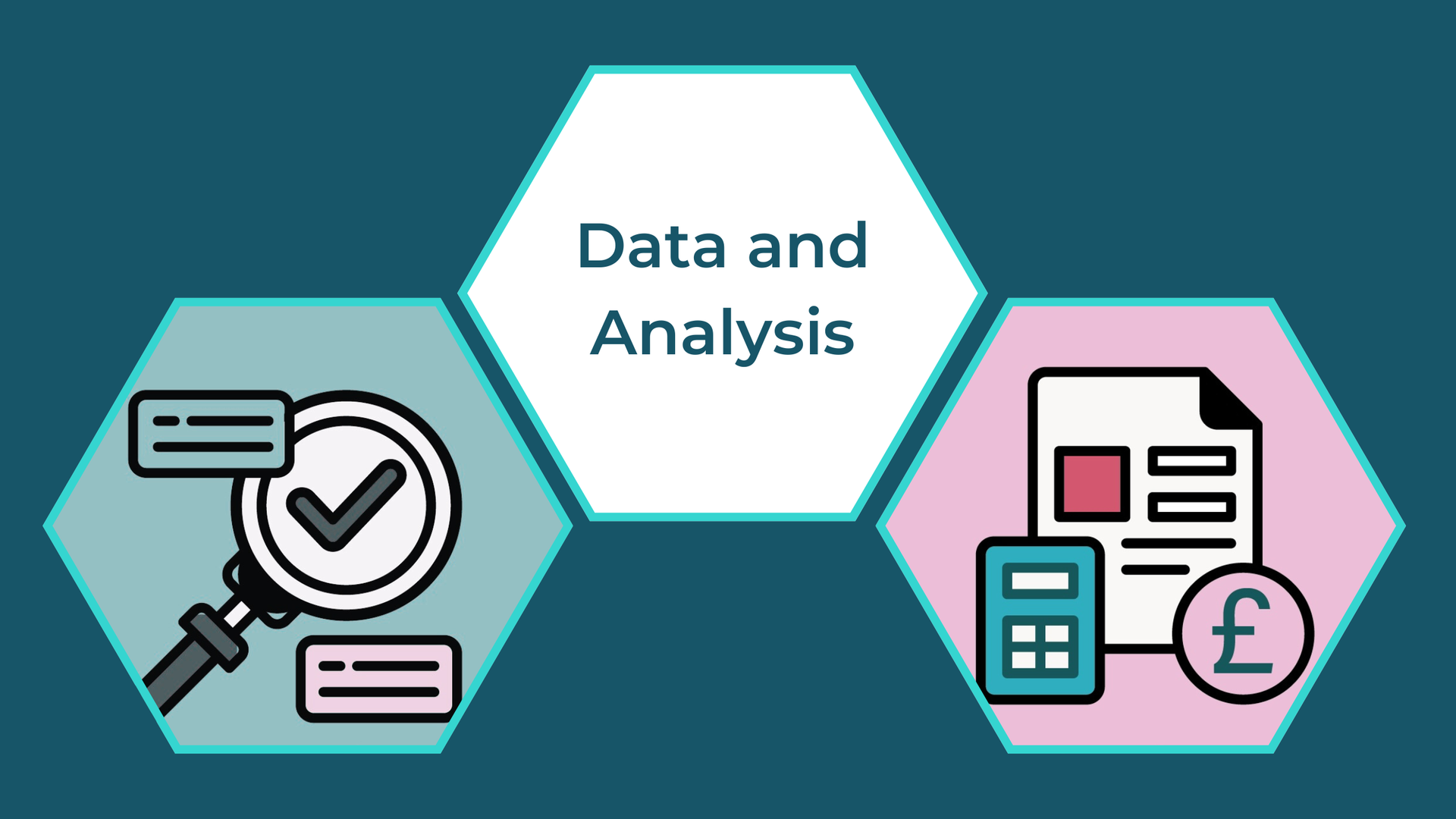Navigating Marketing Budget Success
The Crucial Role of a Realistic Marketing Budget
In the dynamic realm of business, where the landscape is ever-evolving and competition is fierce, having a robust marketing strategy is paramount. However, a successful marketing plan is only as good as the budget that supports it. In this blog, we delve into the significance of having a well-defined marketing budget and why realism is the compass guiding businesses towards their objectives.

The Foundation of Success
A marketing budget is the financial blueprint that breathes life into a company's strategic vision. It serves as the cornerstone of every marketing initiative, dictating the scope and scale of campaigns, outreach efforts, and promotional activities. Essentially, a well-crafted marketing budget is a powerful tool that allows businesses to allocate resources judiciously and maximize their impact in the market.
Aligning Resources with Objectives
While it's tempting to dream big and envision expansive marketing campaigns, the importance of realism in budgeting cannot be overstated. A marketing budget should be a reflection of the business's current financial standing, goals, and the economic realities of the market. It is not just a set of arbitrary numbers; rather, it is a strategic investment that requires careful consideration of the potential return on investment (ROI).
Setting realistic budgets involves a thorough analysis of the business's objectives. Whether it's increasing brand awareness, driving sales, or expanding market share, the budget should align with these specific goals. This alignment ensures that every pound spent contributes meaningfully to the overarching objectives of the business, making the marketing budget an indispensable tool for success.
Underestimation and Overestimation
One common stumbling block businesses encounter is underestimating or overestimating their marketing budget. An insufficient budget may hinder the execution of impactful strategies, limiting the reach and effectiveness of campaigns. Conversely, an overly optimistic budget can lead to financial strain, especially if the expected returns are not realised within the anticipated timeframe.
Realistic budgeting mitigates these risks. It allows businesses to strike a balance between ambition and practicality, ensuring that the allocated funds are sufficient to execute strategies effectively while remaining within the financial constraints of the organisation.
Adaptability in a Dynamic Landscape
The business environment is dynamic, and market conditions can change rapidly. A realistic marketing budget acknowledges this reality and allows for adaptability. It provides the flexibility needed to respond to unforeseen challenges or opportunities without compromising the overall financial health of the business.
If you need support with your marketing strategy and budgeting, contact Elaine and book a free 1 hour consultancy meeting.










